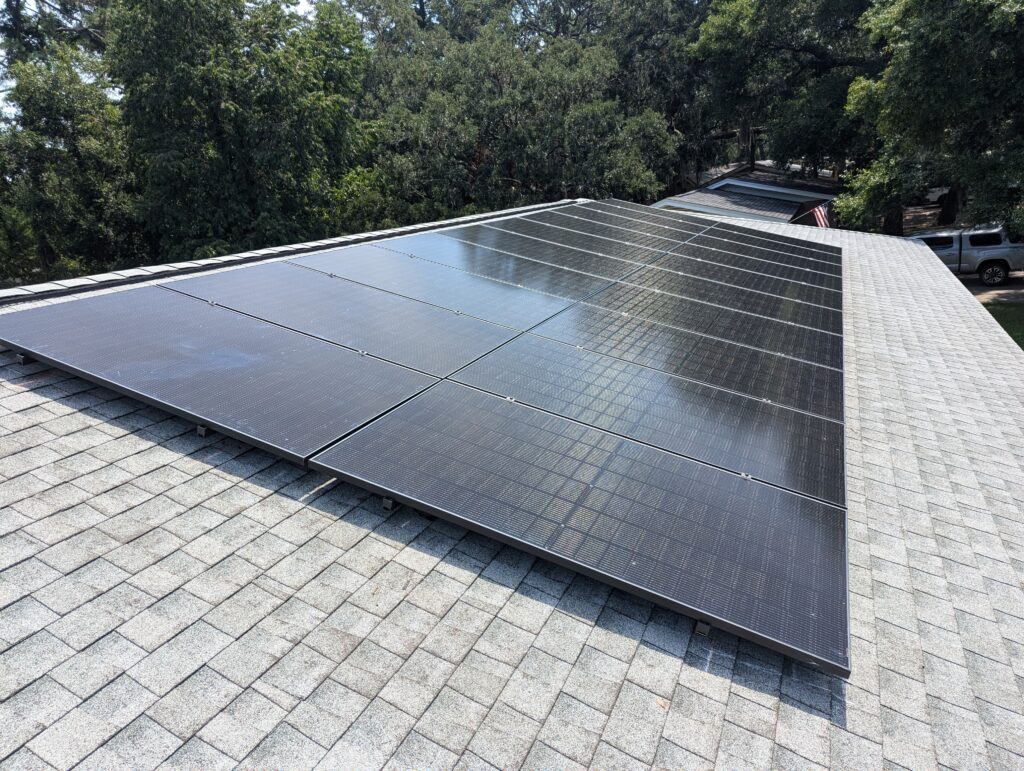When deciding to go solar, understanding the regional landscape is essential. At Georgia Solar Pros, we understand the nuances of this market. We take pride in designing systems that are tailored to your local utility policies and personal energy goals.
Florida Regions
In Florida, many homeowners enjoy the benefits of full retail net metering. Utilities such as Florida Power & Light (FPL) and the City of Tallahassee credit excess energy at around 10.8 cents per kWh. This means that when you send power back to the grid, you receive its full retail value—a factor that significantly shortens your payback period and improves your overall financial return.
However, not every area in Florida operates under these ideal conditions. In some regions, utilities offer avoided cost metering, crediting your excess power at lower rates, typically between 3 and 6 cents per kWh. In such cases, battery storage becomes a more attractive solution. By storing excess power for later use, you reduce reliance on selling back energy at a discount, and you gain the added benefit of backup power during outages—a crucial consideration in storm-prone regions.
Georgia Regions
In contrast, Georgia presents a more varied and oftentimes less favorable utility landscape. For example, Georgia Power employs a net billing system, where excess energy is credited at approximately 7.5 cents per kWh. Although this rate is lower than full retail net metering, careful energy management can still make solar a viable option. Additionally, Electric Membership Corporations (EMCs) in Georgia vary in their policies; few mimic net metering, while the vast majority use lower net billing rates ranging from 3.5 to 7 cents per kWh.
Some of the worst utilities for solar in Georgia are actually the Municipal and city-owned utilities managed by MEAG (Municipal Electric Authority of Georgia). Most MEAG utilities add another layer of complexity. Many of these utilities impose capacity fees ranging from $6 to $20 per kW of installed solar each month. These fees can reduce the overall savings from solar installations, making battery storage an even more important part of the equation. With battery storage, homeowners can better utilize the power they generate and mitigate the impact of these extra costs, all while ensuring reliable backup power during outages.
Your Goals
Ultimately, the decision to invest in solar energy hinges on your individual goals. If your primary focus is financial savings, areas with full retail net metering are particularly appealing. On the other hand, if energy security is a priority, pairing solar with battery storage offers a robust solution—regardless of whether your utility offers avoided cost or net billing rates or imposes high capacity fees.
Why Georgia Solar Pros
At Georgia Solar Pros, we understand the nuances of this market. We take pride in designing systems that are tailored to your local utility policies and personal energy goals. Our approach involves detailed analysis to craft smart system designs, ensuring that you maximize the value of your solar investment while enjoying reliable backup power when needed. From handling permitting and installation to providing long-term support, we manage every step of the process so you can focus on enjoying the benefits of solar energy.
Considering solar isn’t about being sold on a product—it’s about making an informed decision that meets your unique needs. If you’re curious about how solar could work for your home, we invite you to schedule a free consultation. Let’s explore together what solar can do for you, whether it’s achieving substantial savings or enhancing your energy independence.

